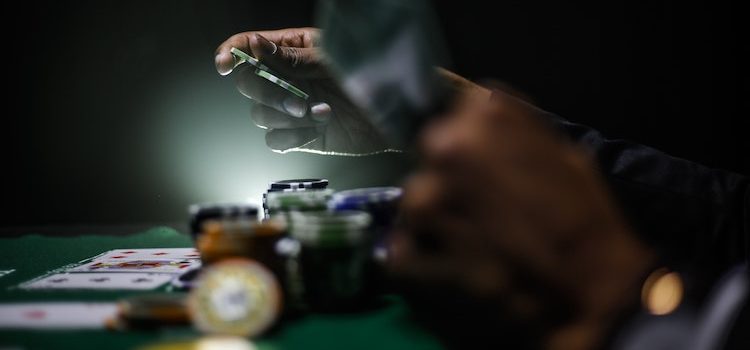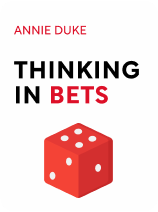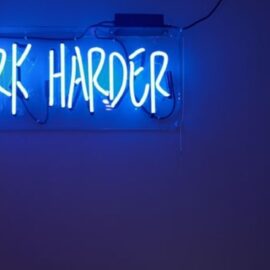

This article is an excerpt from the Shortform book guide to "Thinking in Bets" by Annie Duke. Shortform has the world's best summaries and analyses of books you should be reading.
Like this article? Sign up for a free trial here .
How can we keep reflexive thinking from causing us to make irrational decisions? What can poker teach us about this?
Deliberative thinking involves logic and careful consideration. On the other hand, reflexive thinking leads us to act quickly and instinctively. Because reflexive thinking drives most of our decisions, we have to figure out how to keep it in check. Poker teaches us how.
Keep reading to learn about reflexive thinking in regard to decision-making.
Balancing Deliberative Thinking and Reflexive Thinking
Thinking in Bets author Annie Duke cites psychologist Gary Marcus’s labels for the different types of brain functions that are responsible for decision-making: the “reflexive mind” and the “deliberative mind.” The reflexive mind makes rapid, instinctive decisions. The deliberative mind, which is associated with the prefrontal cortex, is where logic and careful consideration lie.
It would be nice if we could get our deliberative mind to take point on all our decisions, but that’s not possible. In fact, the reverse is true. It’s actually reflexive thinking that drives the bulk of our decisions.
There’s an evolutionary reason for that: The snap decision to run at the sound of a strange noise in the wilderness may have saved our early ancestors from predators or other dangers, ensuring the survival of our species. In other words, irrational decision-making is in our DNA. By understanding our limitations, though, it’s possible to find ways to work around them.
(Shortform note: To learn more about how to use your deliberative mind to mitigate the errors of reflexive thinking, read our guide to Thinking, Fast and Slow. For a different perspective, read our guide to Blink and learn why Malcolm Gladwell thinks reflexive decisions can lead to better outcomes than deliberate decisions.)
Poker forces you to balance your reflexive thinking and deliberative thinking, which is one of the reasons why the game can teach us valuable lessons about rational decision-making. Players have to make fast decisions under sometimes immense pressure, depending on how much money is at stake. This means they must find ways to reconcile the instantaneous decision-making of their reflexive mind with the deliberation required to strategize in the midst of a game. To get really good at poker, you also have to be able to reflect on all those fast, in-game decisions later and figure out if a loss came down to a bad move, or just bad luck despite perfectly sound reasoning.

———End of Preview———
Like what you just read? Read the rest of the world's best book summary and analysis of Annie Duke's "Thinking in Bets" at Shortform .
Here's what you'll find in our full Thinking in Bets summary :
- How to get better at making good decisions
- How to work around your biases
- How to evaluate and learn from your past






